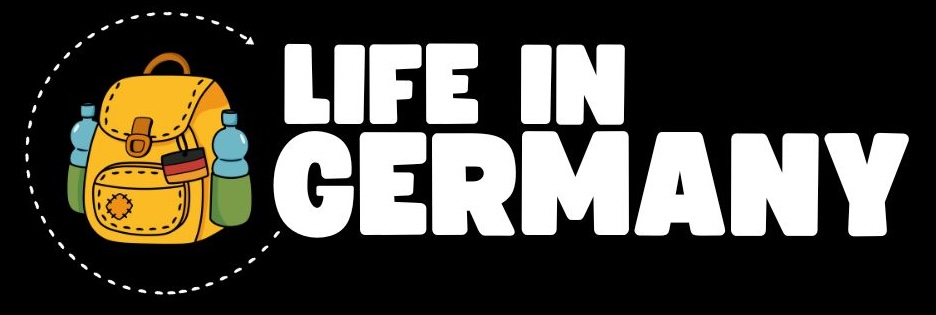German may seem like a difficult language, but there are many easy ways to learn German if you start thinking like a kid. In this blog post, we’ll explore 10 super literal German words that will make you realize the German language isn’t as hard as you thought. Whether you’re a beginner or looking to take your German to the next level, these easy ways to learn German will have you speaking like a pro in no time!
Easy Ways to Learn German
- ⚕️ Doctors are Easy in German
- ️ Dining in German is a Breeze
- Animal Names in German are Straightforward
- Gloves and Slippers are Literal
- Body Parts are Easy to Remember
- More Easy and Literal German Words
- Germans Just Call Everything ‘Stuff’
- One Last Easy German Word
- Outro Chats
⚕️ Doctors are Easy in German
When it comes to naming doctors in German, you might be surprised to find out how simple it is. For example, a pediatrician is called “Kinderarzt,” which directly translates to “kid doctor.” Similarly, a veterinarian is known as “Tierarzt,” a gynecologist as “Frauenarzt,” and a dentist as “Zahnarzt.” These German words are remarkably straightforward and easier to grasp compared to their English counterparts.
Sponsor: Lingoda Language Sprint
Let me introduce you to one of my favorite language-learning platforms, Lingoda. I have been using Lingoda to learn German, and I must say, their online language learning platform is exceptional. They offer highly qualified teachers hosting small Zoom classes for personalized learning experiences. What’s more, their Lingoda Sprint challenges are incredibly motivating. You can choose between the Sprint and the Super Sprint, each offering cashback rewards upon completing the specified number of classes. With options like German, English, business English, Spanish, and French, Lingoda provides a diverse range of language learning opportunities.
️ Dining in German is a Breeze
German dining vocabulary is surprisingly straightforward, making it an easy aspect of the language to grasp. For instance, instead of saying “I would like to see the menu,” you can simply say “I would like to see the food card.” This literal translation makes it easier to remember and use in real-life situations.
Animal Names in German are Straightforward
When it comes to animal names in German, the language’s directness shines through. For example, the words “Nacktschnecke” (naked snail) and “Stinktier” (stinky animal) perfectly illustrate how German animal names are remarkably literal and easy to understand. This straightforwardness makes learning and using animal vocabulary in German a breeze, allowing language learners to quickly build their conversational skills with ease.
Gloves and Slippers are Literal
In German, “house shoes” refer to slippers, while “hand shoes” are gloves. I often use these German terms in everyday conversation, so much so that I sometimes forget their English equivalents. For instance, I might ask my son, “Where are your hand shoes?” or refer to slippers as “house shoes.” This literal translation makes Germany easy to understand, as it reflects the practical use of these items. While my Canadian friends may find it peculiar, the term “house shoes” perfectly captures the concept of slippers worn indoors, which is common in Germany.
Body Parts are Easy to Remember
When it comes to body parts in German, the language’s literal nature shines through. For example, “Zahnfleisch” translates to “tooth flesh,” referring to gums, and “Zahn” means “tooth.” Another example is “Brustwarze,” which translates to “breast wart.” While these translations may sound peculiar or even unpleasant, they exemplify the straightforwardness of the German language, making it remarkably easy for learners to remember and understand body-related vocabulary.
More Easy and Literal German Words
German is full of everyday words that are surprisingly literal and easy to understand. For example, when someone sneezes, instead of saying “bless you,” Germans say “Gesundheit,” which translates to “health.” Similarly, an ambulance is referred to as a “Krankenwagen,” which directly translates to “sick wagon.” These straightforward translations make learning and using everyday German words a breeze, allowing language learners to quickly build their vocabulary with ease.
Germans Just Call Everything ‘Stuff’
Germans tend to simplify things by just calling everything “stuff.” For instance, “Flugzeug” translates to “fly stuff,” referring to airplanes, and “Spielzeug” means “play stuff” or toys. This direct and uncomplicated approach to naming objects makes it easier for language learners to remember and use these everyday German words in real-life situations. Embracing the literal and straightforward nature of the German language is one of the easy ways to learn German effectively.
Made with VideoToBlog

